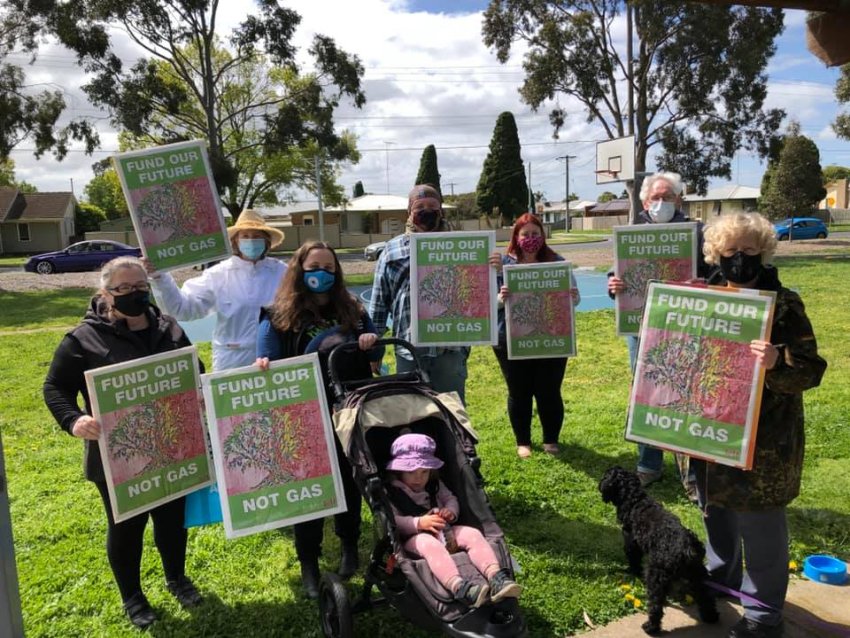
Provisional results declared in the Greater Geelong City Council election place Socialist Alliance member Sarah Hathway at 15.81% of first preference votes in Windermere Ward with 25.81% after distribution of preferences.
This was not enough to win the two-person electorate but it pushed incumbent deputy mayor Kylie Grzybek down to the wire. Grzybek finished with 10,091 votes after preference distribution, defeating Hathway on 7009 votes.
Windermere Ward, geographically Geelong’s largest, elects only two councillors, while the other three wards elect three councillors.
Most residents in Windermere are concentrated in Norlane and Corio, which is a mix of working class, working poor and generationally unemployed. The old Ford Factory in this area is an example of the manufacturing jobs that used to be available to residents.
Hathway said: “This is a fantastic result for the left of politics: 4289 residents in my ward voted for an explicitly socialist candidate. They also voted for local action on jobs, services and climate and for community need to be put first in all decisions made by council.”
“While we may not have won a position on council this time, this is a clear sign that local progressive and socialist candidates need to start organising more at a local level.
“There are a lot of community-minded residents in the Windermere ward who want to see things improve for the area. I hope we can work together to keep our elected representatives more accountable and force them to take action over the next four years.”
Close analysis of the preference flow shows that the donkey vote may have played a decisive role in Grzybek being re-elected. It appears that more than half of those who voted 1 for Enamul Haque who had the first position on the ballot paper, then went on to vote 2 for Kylie Grzybek who was second on the ballot. This indicates a donkey vote of 6% of the total formal votes.
Also of significance were the 23% of voters who gave their second preference to Hathway after voting 1 for the other incumbent, Anthony Aitken.
Hathway said, “It’s been a difficult period for campaigning due to COVID-19 restrictions in Victoria. There was no door knocking and no street stalls; which grassroots campaigns rely on. This result is something we can build on. Most importantly, we can use what we have learnt during the campaign and start supporting community activism. The period ahead is going to be critical as climate change and unemployment look set to make things even harder for residents in Windermere.”